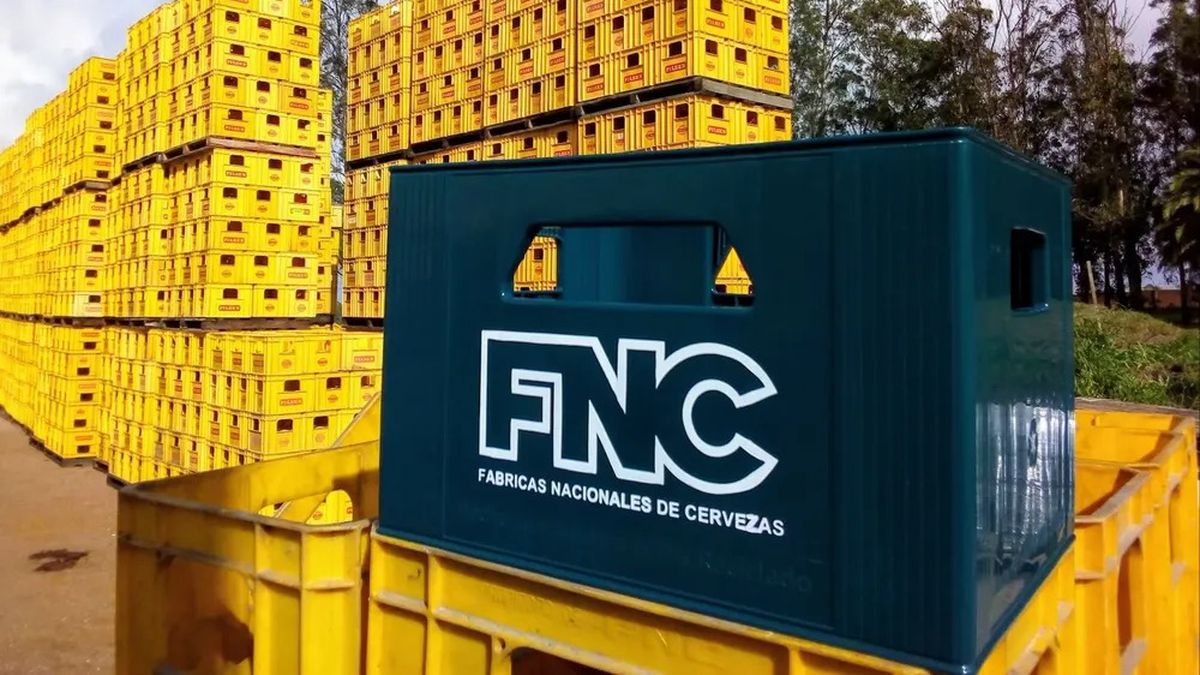The crisis due to the closure of the plant in Mines of the National Beer Factory (FNC) once again put on the table the high costs faced by the national industry to compete with imported products.
Currently, in the Uruguayan market, a half-liter beer sells for 145 pesos (US$3.76) on average in bars and restaurants, while an imported one (can) costs 150 pesos (US$3.89). In stores and supermarkets the average value for a liter bottle is 166 pesos (US$4.30) for national ones and 202.5 pesos for imported ones (US$5.25).
In other countries in the region, such as Argentina and Brazil – from where most of the beer that competes with domestically produced beer is imported – the average retail price of the drink is considerably lower, according to the site specialized in comparative prices and costs of living Numbeo.
In Argentina, national beer is available for $1.12 (half a liter) and imported beer is available for $1.86 in supermarkets. In bars and restaurants the average prices are 1.50 and 2.50 dollars respectively.
Meanwhile in Brazil, one of the main beer-consuming countries in the region, the drink costs an average of $1.19 for domestic options in supermarkets and $2.11 for imported varieties. In bars, Brazilian beers are priced at US$1.95 and imported beers at US$2.92.
On Tuesday, the deputy of the Broad Front (FA) by Lavalleja, Pablo Fuentesasked the national government for actions to avoid the closure of the Minas de FNC industrial plant and proposed modifying the Specific Internal Tax (Imesi) to boost competition.
Imported beers were taxed double imesi until 2008, but in 2009 this tax was replaced and they began to pay the same tax as national beers and a tax refund due to the use of returnable packaging, which decreased until it disappeared in 2021.
The ficto for the payment of the Imesi is set above the price of national beers and since there is no tax refund, the tax is well above the real value, especially in the most widely consumed brands; almost 33% of the effective rate on the real value, Fuentes indicated.
Source: Ambito




